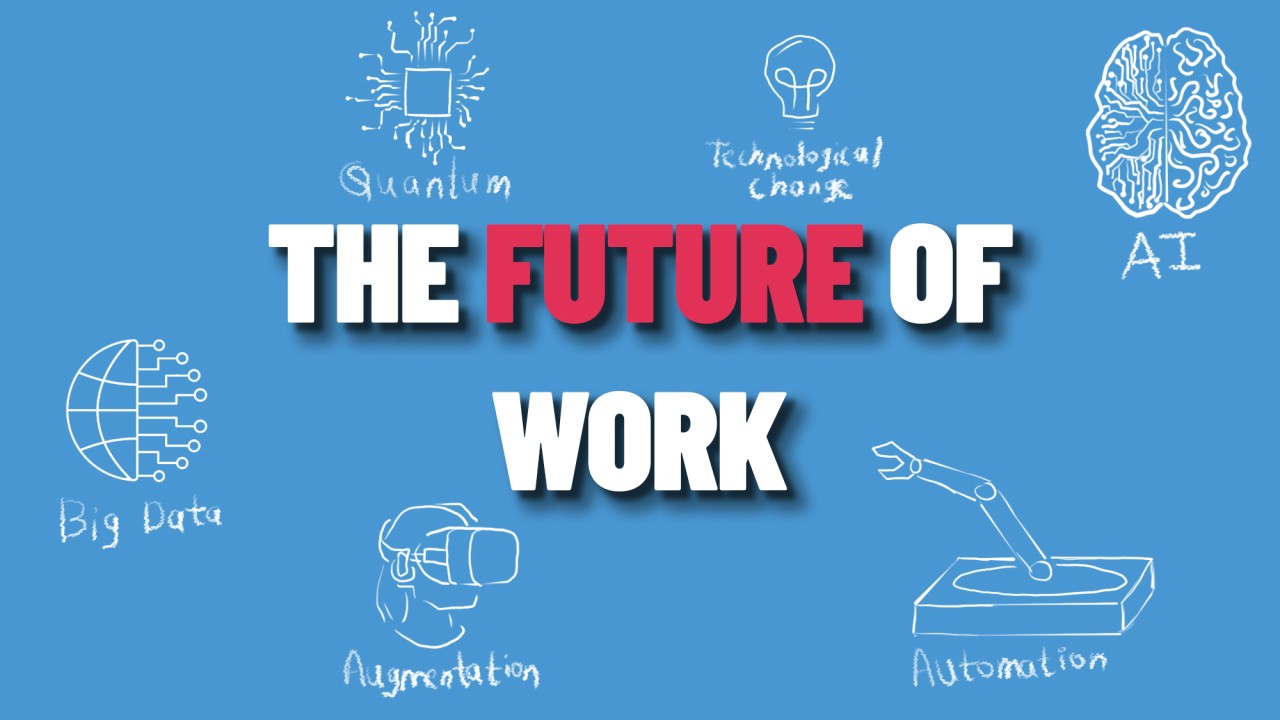The way we work is changing. With the widespread adoption of distributed work, flexible working has become a hot topic in the discussion of the future of work.
Dr. Stefanie Gustafsson is an Associate professor in Organization Studies and Co-Director at the Future of Work Research Centre at the University of Bath, School of Management. In a conversation with NearU, she shares her insights on the changing nature of work.
Her research covers the changing nature of professions, work and careers and how trust is challenged during difficult times.
Understanding the changing nature of work
Dr. Gustafsson and her colleagues approach the future of work from a diverse set of research interests at the centre ranging from typical concerns around AI and technology, to notions around inequality and diversity. They also study groups of people who might be forgotten in the process of work, be pushed to the back or marginalised now or in the future as work evolves. The centre carries out research on new forms of working, flexible work, remote work, diversity, equity, and equality concerns.
Flexible working can be a powerful tool for employees who need better work-life balance, equality, and inclusion. It can also increase job satisfaction and reduce stress. Research shows that the desire for flexibility is strongest among underrepresented groups.
With the introduction of new technology and increasing pressures from clients to drive cost further down, how does the the nature of of professional work and the professional workforce change in response to these drivers?
“One of the research projects I'm currently working on is looking at this new group of semi-professionals, particularly paralegals in in law firms and their career experiences and experiences of work and and most often struggles and challenges of work as they trying to make a career in a very competitive elitist and environment.”
Dr. Gustafsson explained.
People, organisations and workplaces will all work differently in the future of work
One of the primary challenges of flexible working is how to identify with one's company when situated in a very different environment. Dr. Gustafsson points out that pre-pandemic, people or organisations tried to build workplaces people would identify with. With the shift to more distributed work, this model of thinking about workspaces is being challenged. Organisational citizenship behaviour and a sense of the organisation as a unit need to be rethought. If we are working more distributed from each other, how will organisations and workspaces of the future all work?
“Where we do our work and how do we do our work has changed quite dramatically. So then the question of, ‘how do I identify with my workplace when I work in a different environment and context?’ [becomes important to understand]”
“This is one that we are, from an academic perspective, now just starting to to understand or wanting to understand and grapple with. I think there's lots of anecdotal evidence and business reports but really sound academic research is just starting to come out. It is of course crucial to [understanding] how workers make sense of the workplace, how they interact in these new workspaces and in different ways.”
Trends shaping the near future of work
Employee influence in decision-making
Changes are becoming more employee led. Employees have more of an influence in deciding where they work and how they want to work and generally there is more space for them to decide.
“So previously you needed to make a case why you are allowed to work from home and now it's more that organisations have to make the case as to why you should come to the office.”
Learning from the past
There is still a lot to learn from the jobs and roles that used to exist. This can help build a future, more aware and conscious of past mistakes.
“There's been overemphasis on the new roles, the different types of roles... It would be interesting to start reengaging academically, but also maybe from a managerial perspective with some of these traditional roles and that we know more about and engage with them.”
Diversity
Issues around diversity and inequality and are going to continue being strong on the agenda of organisations. Just look at that FIFA and the recent discussions around the World Cup. There will be no avoiding taking it seriously as people increasingly demand social responsibility.
